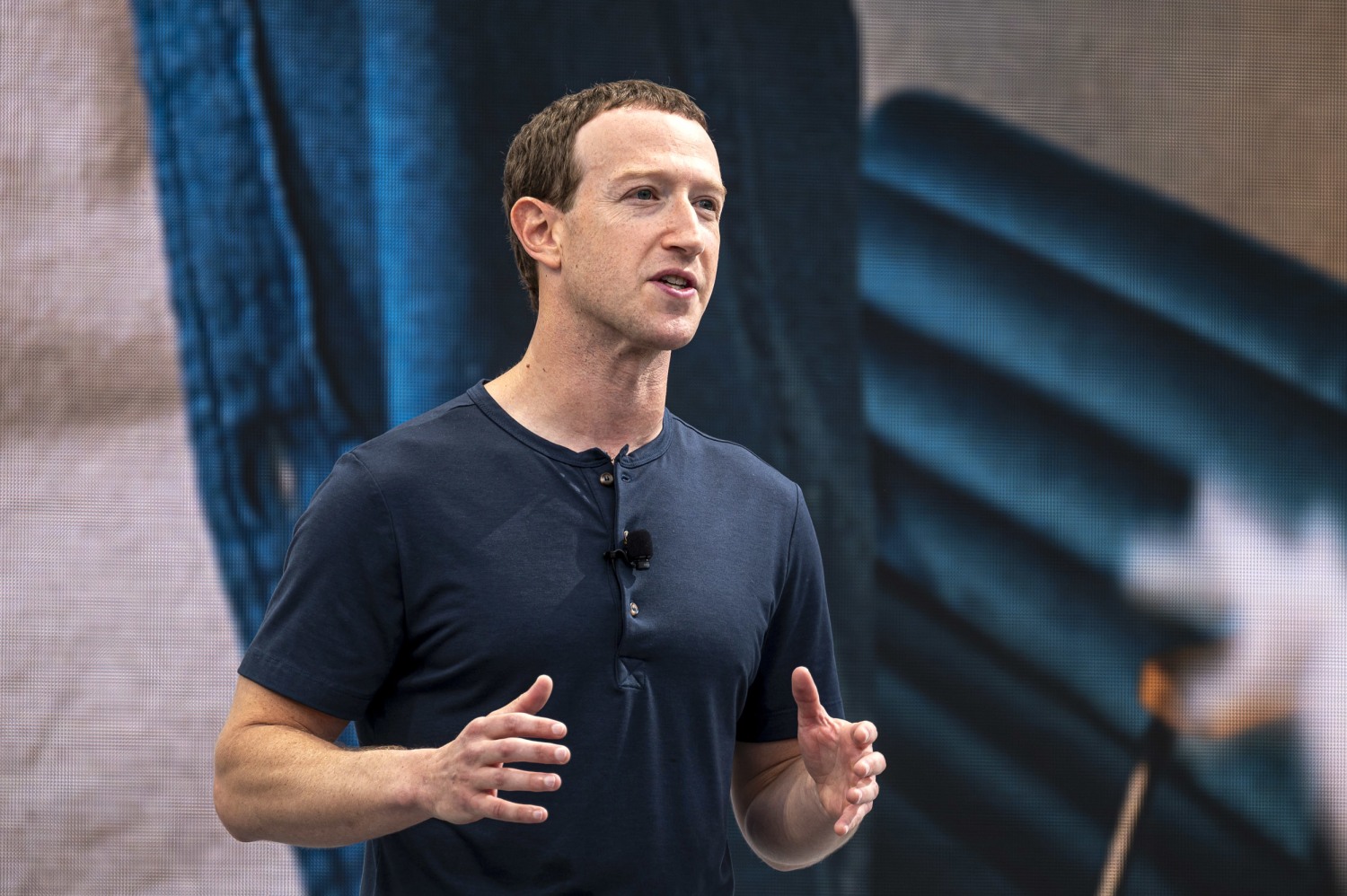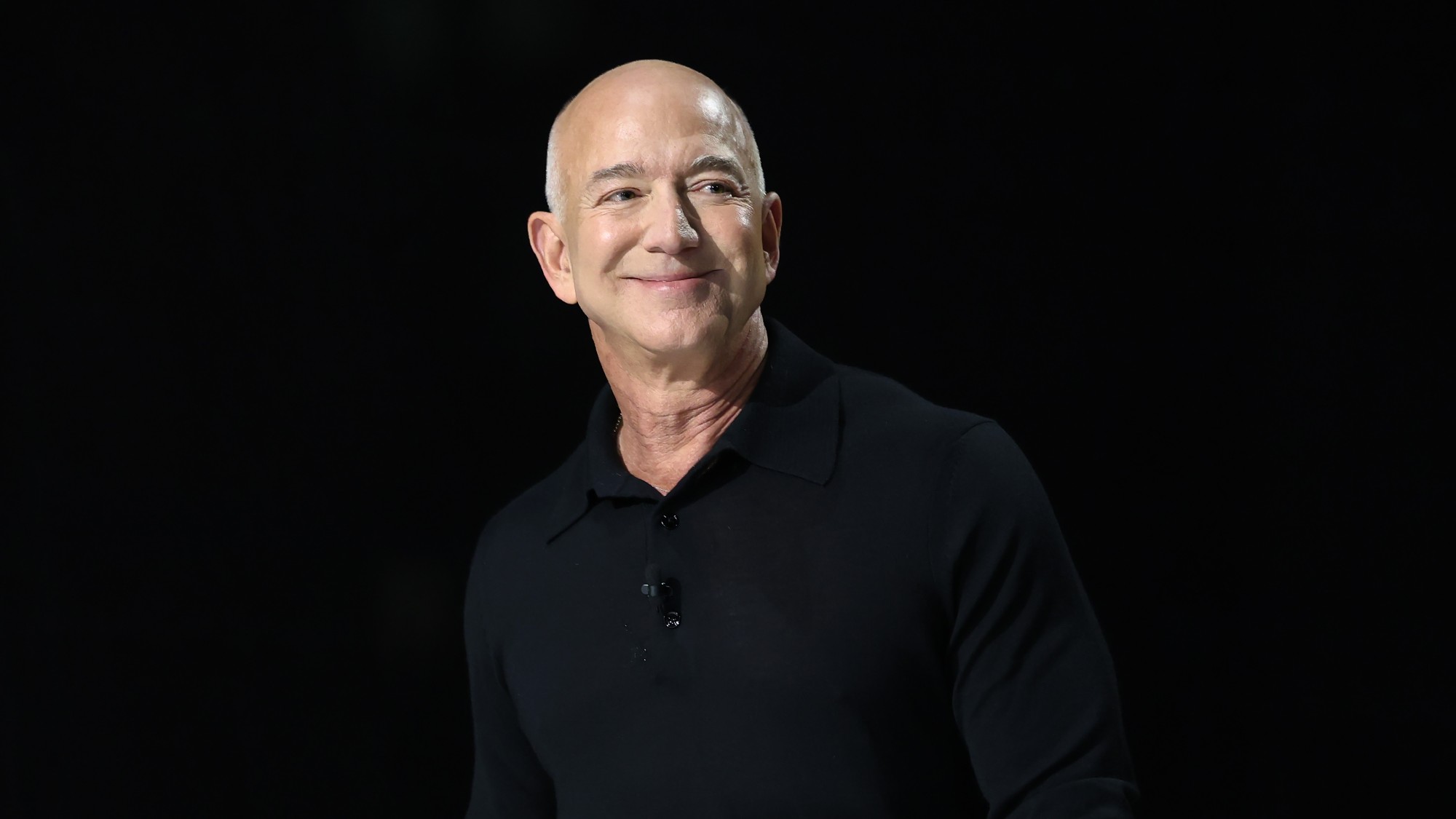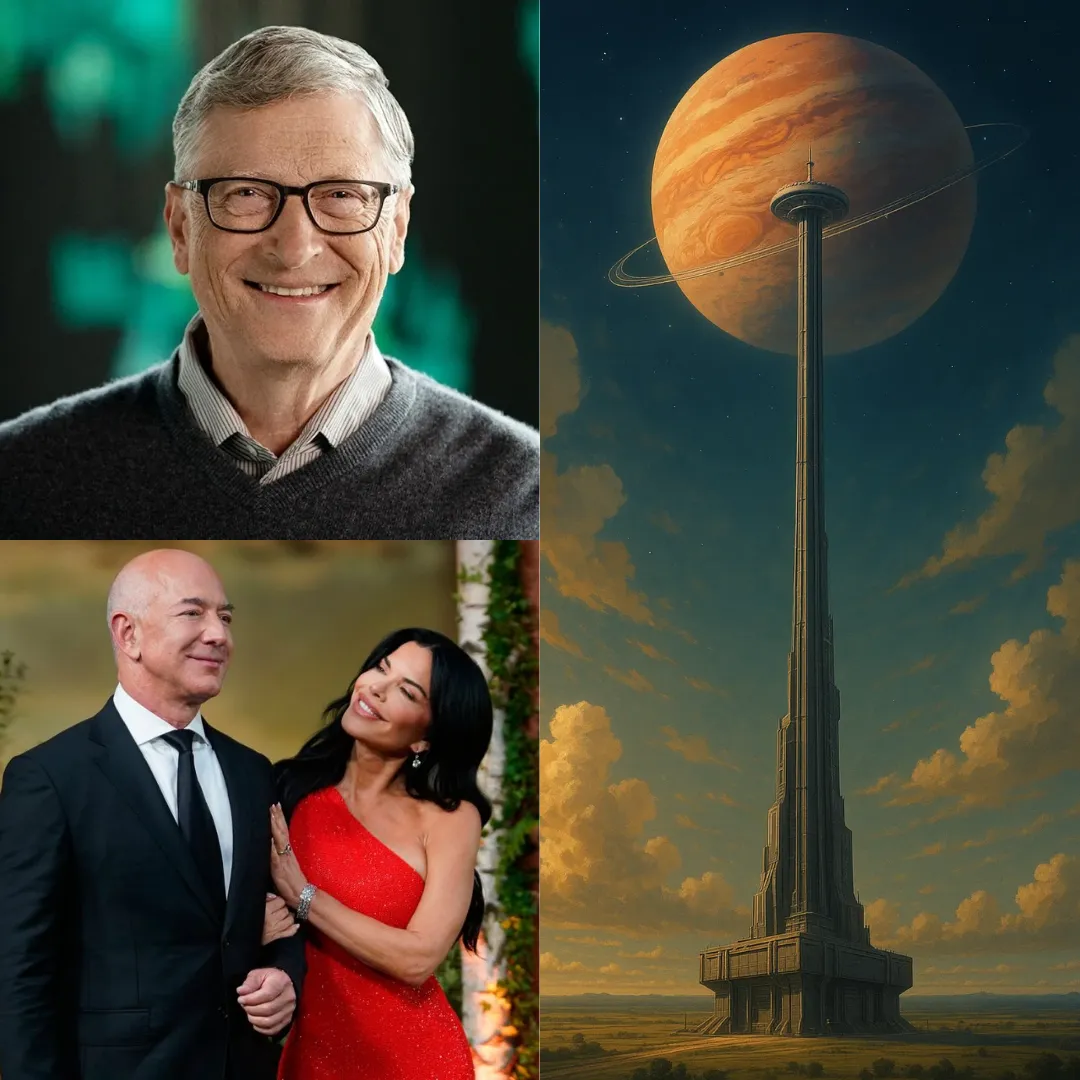
Mark Zuckerberg, the co-founder and CEO of Meta Platforms, has officially surpassed Jeff Bezos to become the second richest person in the world, according to the latest Bloomberg Billionaires Index. Zuckerberg’s net worth now stands at an astonishing $225 billion, edging ahead of Bezos’ $223 billion.
Despite this milestone, both tech titans still trail far behind Elon Musk, the Tesla and SpaceX CEO, whose wealth remains an eye-watering $370 billion as of mid-2025.
This reshuffling at the very top of the billionaire rankings reflects not only the dynamic nature of the tech industry but also the growing impact of artificial intelligence and digital advertising on company valuations and personal fortunes. Zuckerberg’s meteoric rise highlights how rapidly fortunes can change in the volatile world of tech stocks, where innovation and investor confidence are king.
Since the start of 2025, Zuckerberg has increased his personal fortune by approximately $17.3 billion. This sharp increase starkly contrasts with the wealth trajectories of other top billionaires in the tech space, who have seen declines over the same period.
Elon Musk, for instance, has lost more than $62 billion this year due to stock price fluctuations, making him the biggest billionaire loser in 2025, even as he retains the richest man title.
Zuckerberg’s wealth primarily stems from his ownership stake in Meta, which he holds at roughly 13 percent of the company’s stock. Meta’s shares have risen nearly 9 percent year-to-date, closing at $635.50 per share as of the latest market session.
This stock performance is closely tied to Meta’s strong financial results, fueled by significant growth in artificial intelligence-powered advertising and strategic investments in next-generation digital platforms.

In contrast, Jeff Bezos maintains a sizable personal stake in Amazon, holding over 926 million shares, which is just under 9 percent of the company’s outstanding stock. However, Amazon’s shares have declined by 8.33 percent this year, closing at $201.12 per share recently.
While Amazon continues to demonstrate growth, particularly in cloud computing through AWS, the company faces rising costs, tariff uncertainties, and margin pressures that have tempered investor enthusiasm.
Meta’s financial report for the first quarter of 2025 was a standout. The company posted a 16 percent increase in revenue, totaling $42.3 billion, while net income surged by 35 percent to $16.6 billion. These impressive numbers owe much to Meta’s AI-driven advertising tools, which have not only increased ad prices but also improved delivery optimization, helping the company outperform many of its legacy competitors in the digital advertising space.
Zuckerberg’s commitment to AI and digital transformation has reinvigorated investor confidence, placing Meta at the forefront of technological innovation in the social media and digital advertising industries. This focus has translated into tangible financial returns, directly benefiting Zuckerberg’s net worth as Meta’s stock price continues to climb.
Amazon’s growth remains substantial but faces headwinds. The company’s net sales rose 9 percent to $155.7 billion in the first quarter of 2025, with AWS revenue climbing 17 percent to $29.3 billion. These figures confirm Amazon’s dominant position in cloud computing and e-commerce. However, rising operational costs and tariff uncertainties have created margin pressure that clouds Amazon’s otherwise robust growth narrative.
Investor sentiment has been cautious, reflecting concerns about the broader economic environment and competitive pressures. Despite these challenges, Bezos’ vast ownership stake in Amazon ensures his wealth remains firmly in the billionaire stratosphere, even if the company’s stock performance has lagged behind Meta’s impressive rebound.
The shift in billionaire rankings, particularly among those tied to tech giants, underscores the volatility inherent in stock-market-driven wealth. Meta, Amazon, and Tesla are pillars of the global digital infrastructure, meaning their performance has widespread implications not only for investors but also for consumers who rely on these platforms daily.
More importantly, this dynamic signals where investor confidence currently lies: heavily weighted toward artificial intelligence and innovative digital advertising strategies. Zuckerberg’s success reflects Meta’s agility in capitalizing on these trends, while Bezos and Amazon grapple with the challenges of maintaining growth amid evolving market conditions.

The short-term future of billionaire rankings will likely continue to hinge on stock market performance and how these companies navigate global economic trends. Zuckerberg’s large stake in AI positions him favorably to maintain or even extend his lead over Bezos.
However, ongoing innovation, competition, and macroeconomic factors could quickly alter the landscape.
Elon Musk’s position as the richest individual remains secure for now, but his considerable wealth fluctuations highlight the risks faced by billionaires tied to highly volatile sectors like electric vehicles and space exploration. For Zuckerberg and Bezos, the battle for second place serves as a reminder of the shifting sands beneath the feet of even the wealthiest individuals.
In conclusion, Mark Zuckerberg’s rise to the second richest person spot with a net worth of $225 billion is a testament to Meta’s recent success and the transformative power of artificial intelligence in digital advertising. While he has overtaken Jeff Bezos, the gap between Zuckerberg and Elon Musk still looms large, showcasing the complex and highly competitive nature of tech billionaire fortunes in 2025 and beyond.


-1749482120-q80.webp)

-1742653910-q80.webp)
-1749481098-q80.webp)